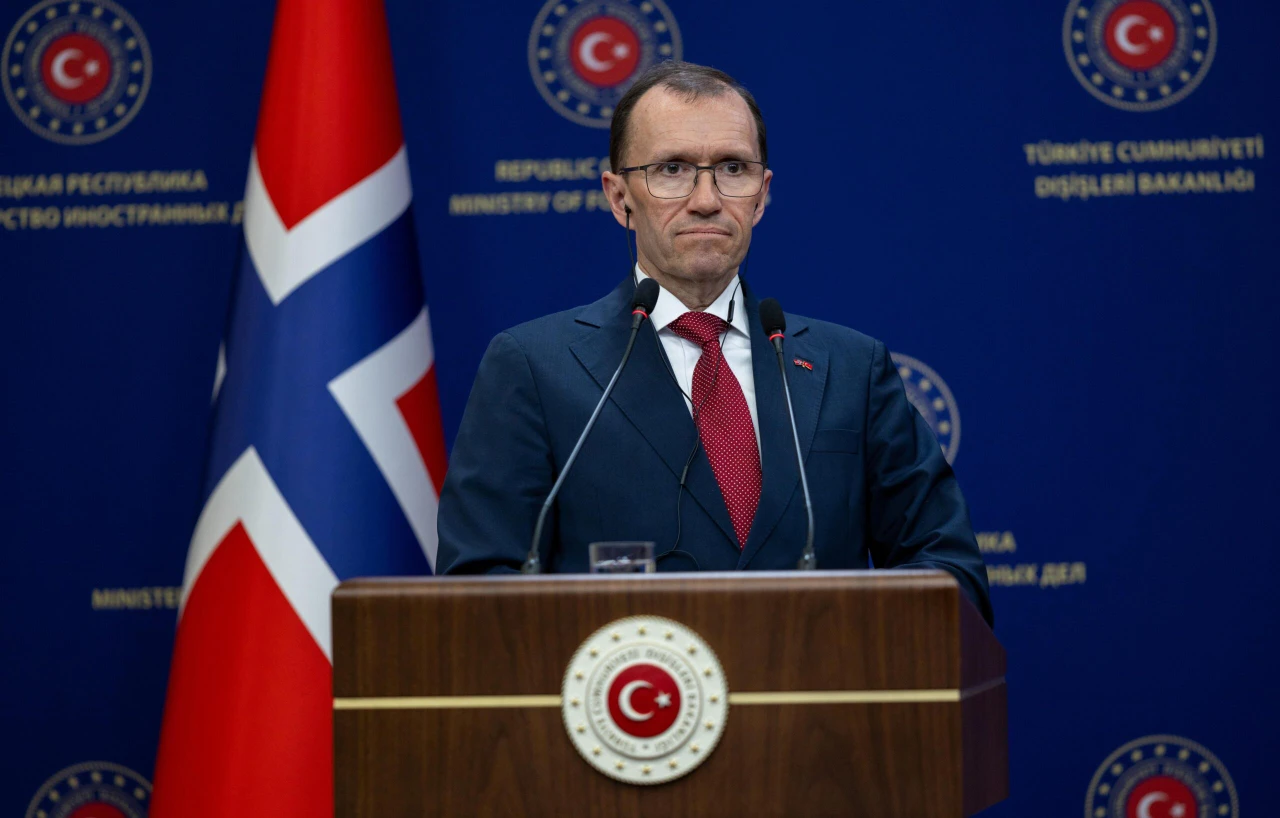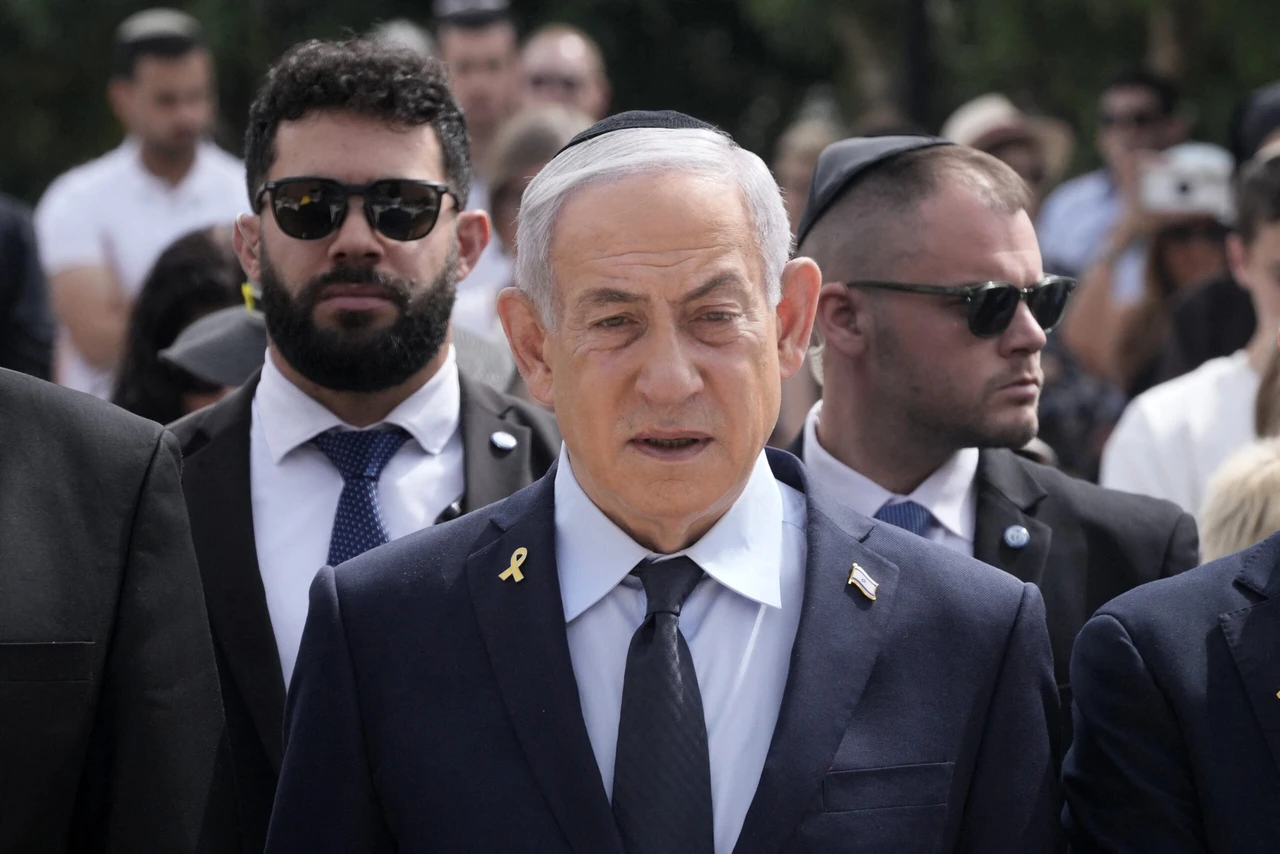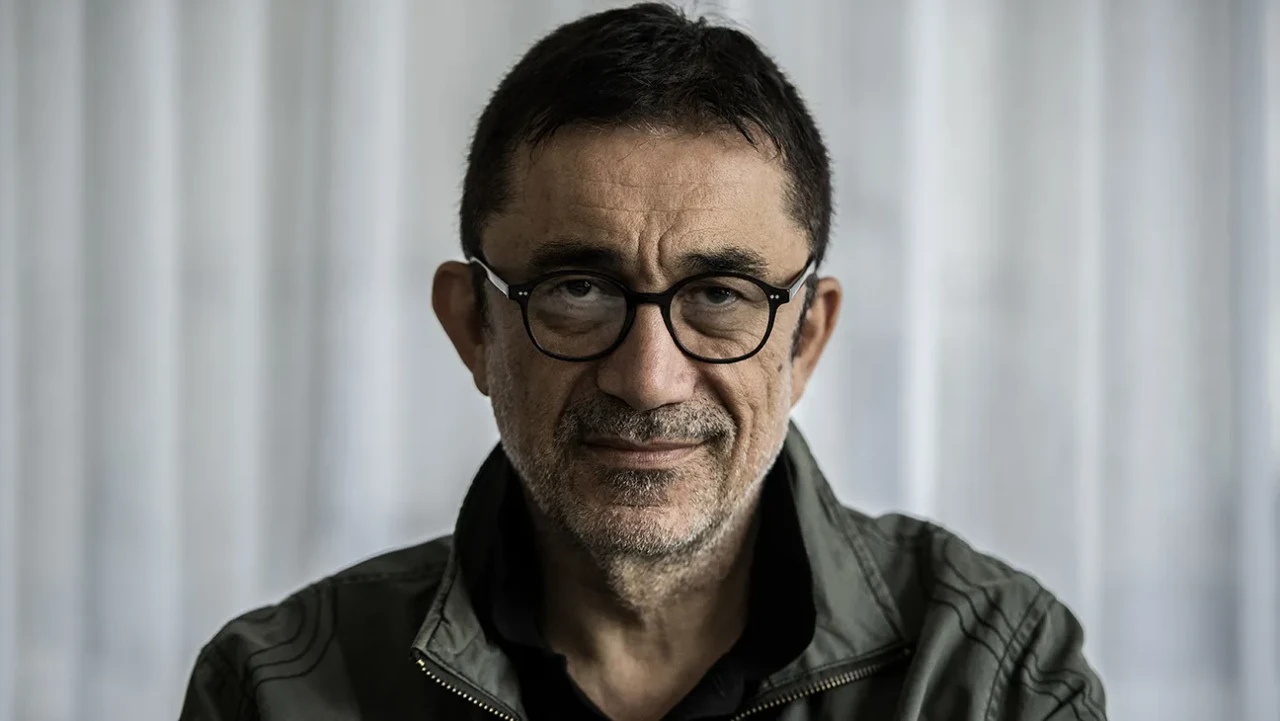EU committed to easing visa issues for Turkish citizens, bloc’s envoy says
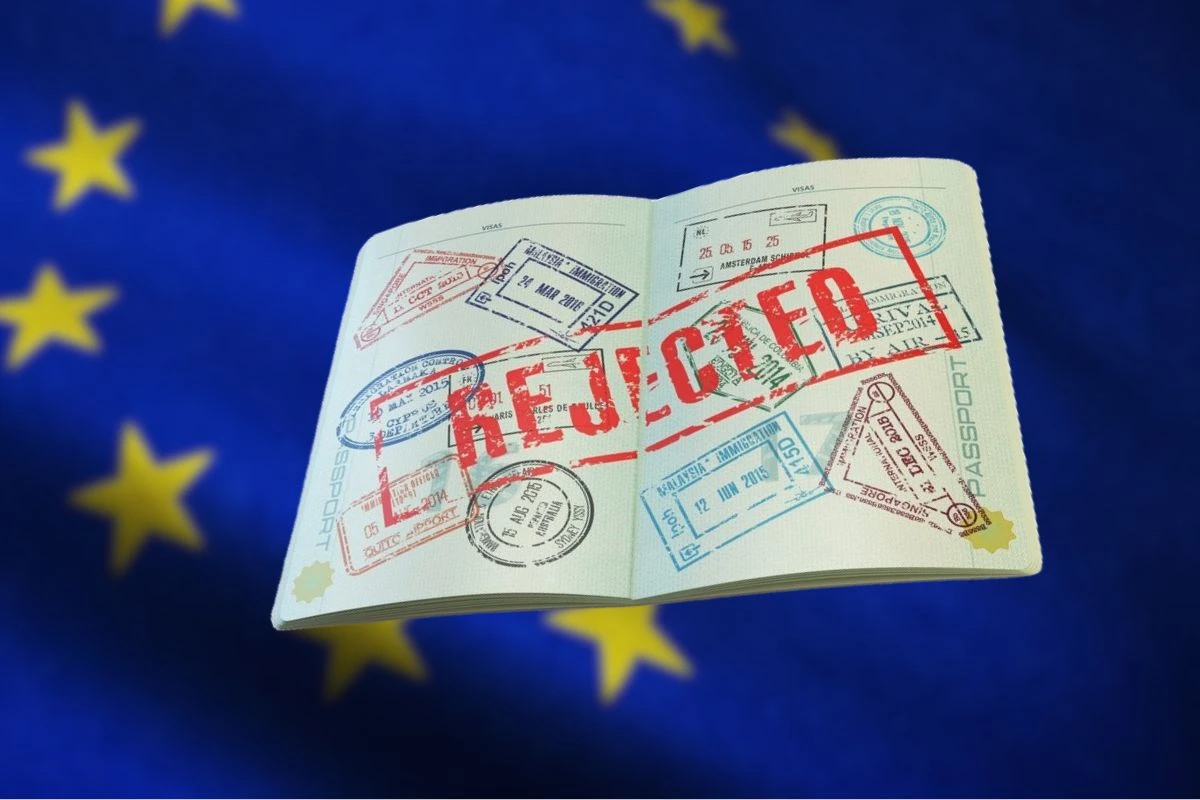 Representative passport in front of the European Union flag. (Photo via Travelobiz)
Representative passport in front of the European Union flag. (Photo via Travelobiz)
The European Union is working to resolve visa issues faced by Turkish citizens and improve access, according to its ambassador to Ankara. The bloc has a vested interest in fostering the exchange of people, much like Türkiye, he emphasized.
Many Turkish citizens, including businesspeople, academics, and students, have experienced difficulties securing visas due to heightened scrutiny and lengthy appointment wait times.
“The EU has as much interest in furthering the exchange of people as Türkiye. We want Turkish businessmen to come to Europe. We want Turkish students to study at European universities, and we want to facilitate the people-to-people exchange,” EU Ambassador Thomas Hans Ossowski told Anadolu.
He acknowledged the “congestion problem” at EU member state consulates but assured that the bloc is “working on very concrete steps” to alleviate pressure on embassies.
Ossowski also noted that Turkish citizens received the second-highest number of Schengen visas last year, following China, and reiterated that the EU is making “a major effort” to address the issue. However, he called on Turkish authorities and business associations to combat document falsification and corruption practices, which have contributed to delays.
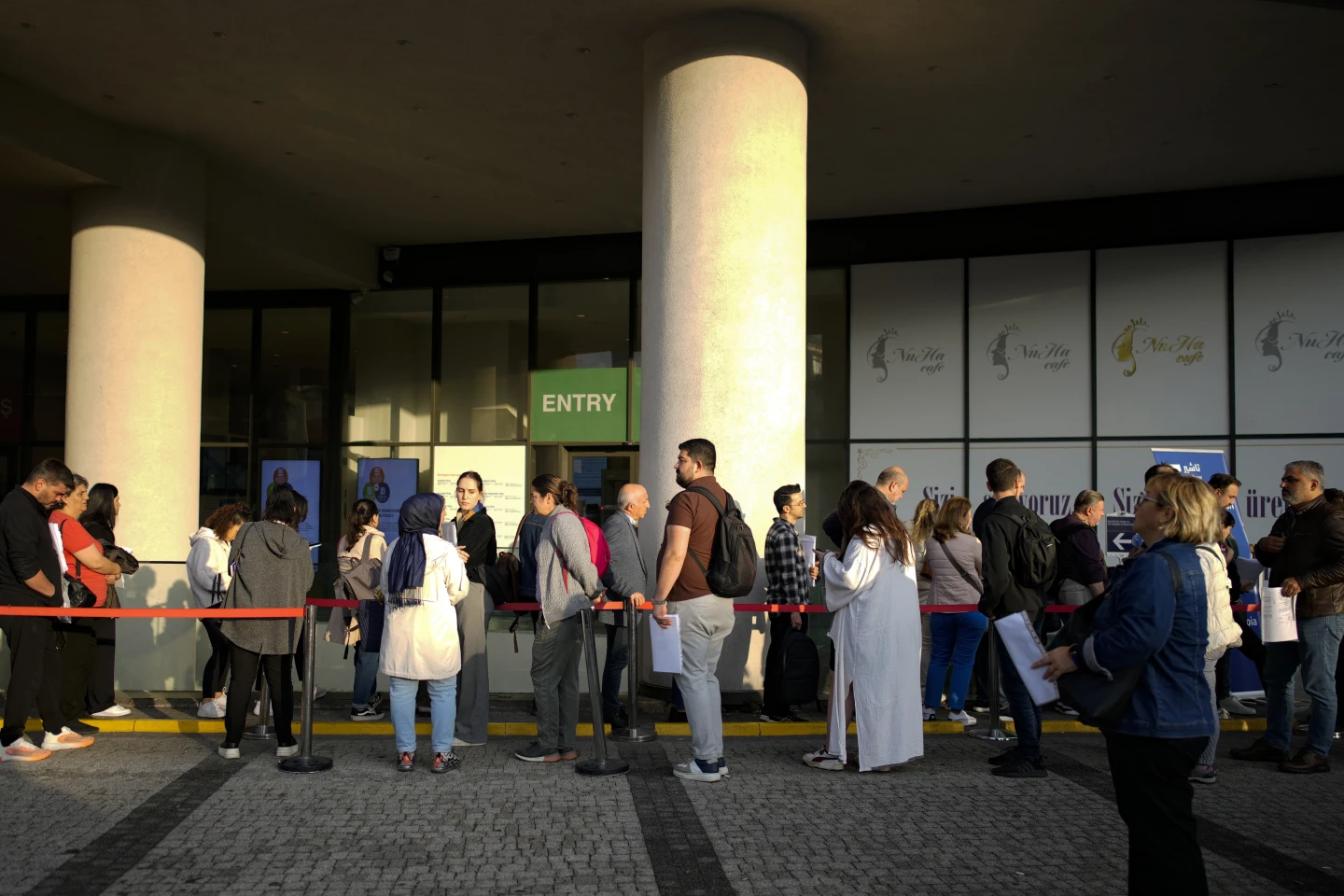
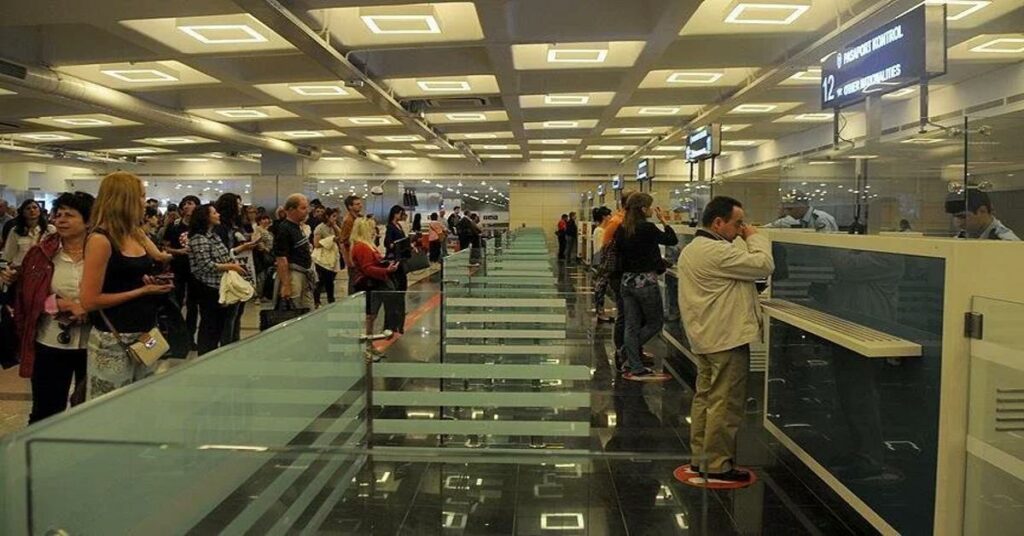
‘Türkiye is a Trusted NATO Ally,’ Says EU Envoy
Regarding Donald Trump’s anticipated second term as U.S. president and its potential impact on European security, Ossowski highlighted Türkiye’s crucial role.
During his first term, Trump criticized NATO allies for not meeting defense spending targets and hinted at a U.S. withdrawal from the alliance, straining transatlantic relations.
“Türkiye is a very important and trusted NATO ally and has been for many decades,” Ossowski remarked.
He stressed the EU’s commitment to working constructively with the new Trump administration, in cooperation with Türkiye, to address global crises.
“We rely on Türkiye to contribute to our common security. In this international strategic situation, the EU and Türkiye must grow closer together,” he added.
Ossowski acknowledged obstacles to cooperation, including Türkiye’s non-recognition of certain EU member states, but expressed optimism that political wisdom and pragmatism could help overcome these challenges.
Discussing the future of EU-Türkiye relations, Ossowski noted the complexity of ties, given Türkiye’s status as a candidate country. Accession talks are currently frozen, but he emphasized the importance of engagement on key issues such as modernizing the customs union and visa liberalization.
“We need commitment, solidarity, and political will from both sides. Recognizing that Türkiye and the EU are strategic partners, we have positive conditions to reengage,” he said.
Ossowski also praised Türkiye’s efforts in the Russia-Ukraine war, particularly its role in the Black Sea grain deal, which helped avert a global food crisis.
He lauded Türkiye’s invocation of the Montreux Convention, restricting warship transits through the Turkish Straits, a move aimed at de-escalating the conflict.
“We are very grateful for Türkiye’s constructive contribution to de-escalating this war,” Ossowski concluded.
